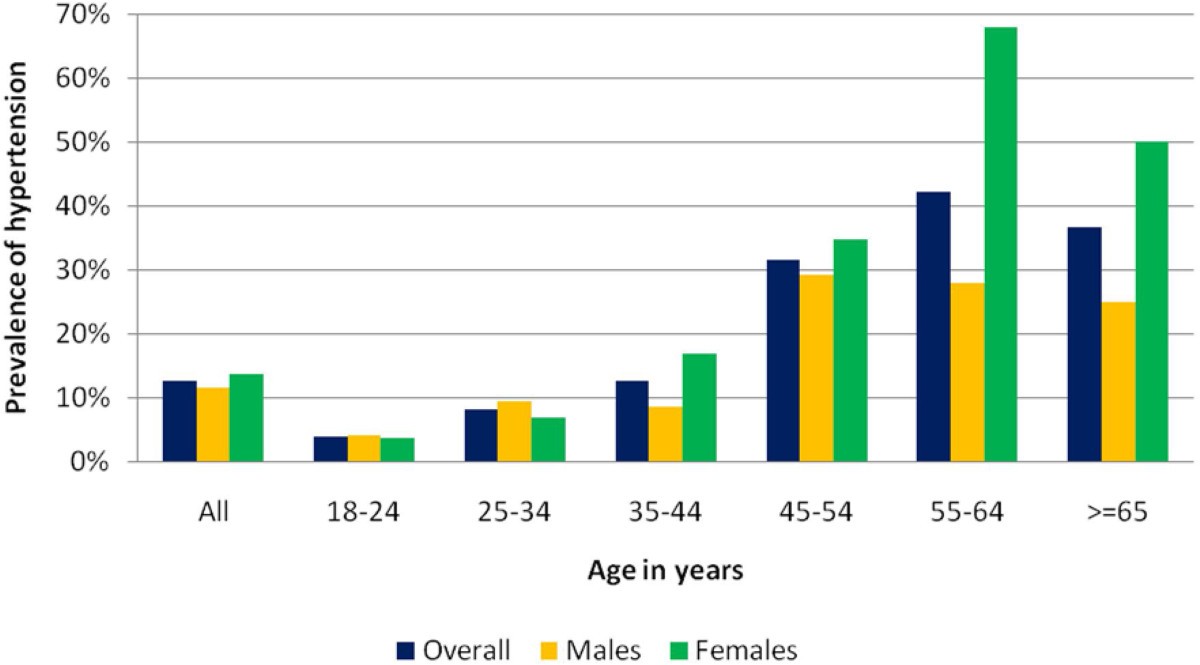
Prevalence of Hypertension in Kenya and associated cardiovascula risk factors/ photo: Screengrab
Nearly one in four Kenyan adults is living with hypertension, yet the majority remain undiagnosed or untreated, according to a new report by the World Health Organization (WHO).
The report reveals that 24 per cent of Kenyan adults suffer from high blood pressure — often referred to as the “silent killer” because it shows no symptoms until serious complications arise.
Despite this high prevalence, the Ministry of Health says only 22 per cent of those diagnosed have started treatment, and just 3 per cent of patients on medication have achieved blood pressure control.
“Hypertension in Kenya is escalating due to lifestyle changes such as unhealthy diets, sedentary behaviour, increased consumption of alcohol, and tobacco use. These risk factors contribute to the rising burden of cardiovascular diseases, which are the second leading cause of death in the country,” the ministry said.
The WHO report also highlights that rural-to-urban migration, shifting dietary habits and reduced physical activity are key drivers of the trend. Men and older adults are particularly at higher risk, while many people remain unaware of their condition, underscoring the importance of regular screening.
WHO data shows that among adults aged 30 to 79 years in Kenya, the age-standardised prevalence of hypertension is around 29.4 per cent. Alarmingly, 39 per cent of hypertensive adults are unaware of their condition.
The Ministry of Health has deployed community health volunteers with blood pressure monitors to support screening and follow-up, especially in underserved areas. However, it admits that 44 per cent of health facilities lack adequate capacity to diagnose and treat hypertension, leaving many Kenyans vulnerable to complications such as stroke, heart attack and kidney failure.
WHO is calling for stronger primary health care, widespread community-based screening, and integrated interventions that promote healthier diets, more physical activity, and reduced alcohol and tobacco use.
Kenya’s current health strategy prioritises cardiovascular diseases, with a target of cutting premature deaths from non-communicable diseases by one-third — making effective hypertension management a cornerstone of the plan.














